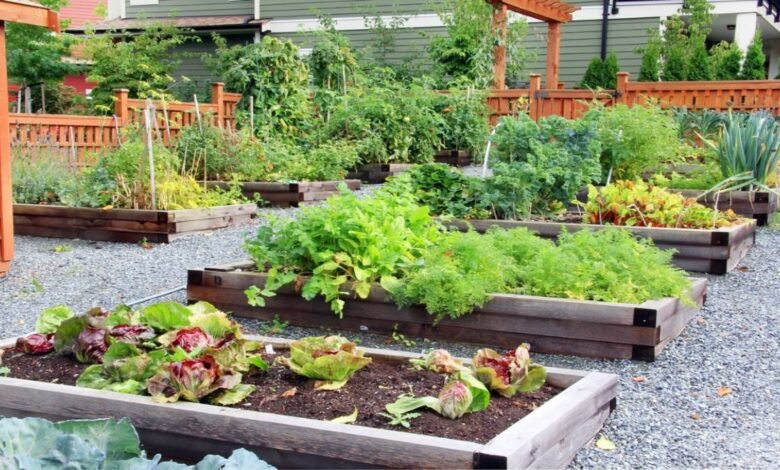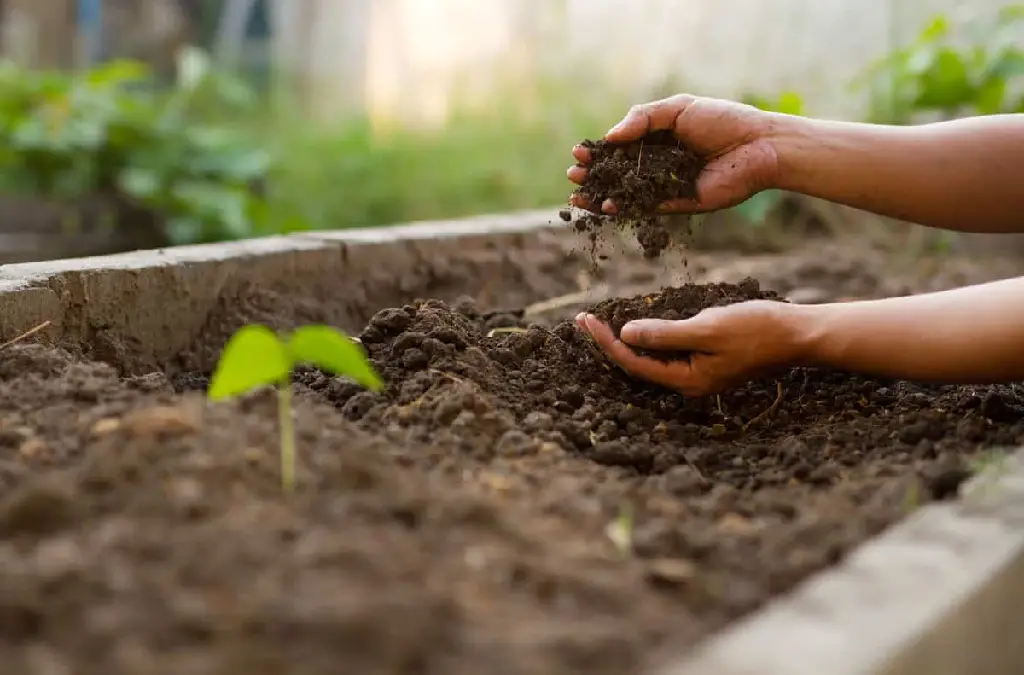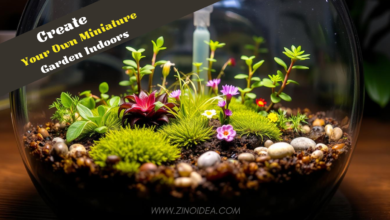Top 10 Summer Veggies To Grow In A Raised Bed

Dreaming of vibrant summer salads, succulent tomatoes, and crunchy cucumbers straight from your garden? With the right selection of summer veggies grown in a raised bed, you can turn that dream into a reality. In this comprehensive guide, we’ll explore the top 10 summer veggies perfectly suited for raised bed gardening. Whether you’re a seasoned gardener or a novice with a green thumb, these veggies are sure to thrive and provide you with a bounty of fresh produce all summer long.
Getting Started with Raised Bed Gardening
Before diving into our list of top summer veggies, let’s touch on the basics of raised bed gardening. Raised beds offer several advantages over traditional gardening methods, including better soil drainage, improved pest control, and easier weed management. To get started, you’ll need to choose a sunny location, build or purchase a raised bed, and fill it with nutrient-rich soil.
Selecting the Right Location
Choosing a Sunny Spot: Ensure your raised bed receives at least 6-8 hours of sunlight per day for optimal plant growth.
Considering Drainage: Avoid low-lying areas that may become waterlogged during heavy rains, as excess moisture can lead to root rot.
Accessibility: Opt for a location that is easily accessible for watering, weeding, and harvesting to make maintenance tasks more manageable.
Soil Preparation and Planting Tips

Mixing in Compost: Incorporate compost into your soil mixture to improve nutrient retention and soil structure.
Balancing pH Levels: Test the pH of your soil and make adjustments as needed to create an optimal growing environment for your veggies.
Adding Organic Matter: Supplement your soil with organic matter such as aged manure or compost to promote healthy plant growth.
Top 10 Summer Veggies To Grow In A Raised Bed
Now, let’s dive into our list of the top 10 summer veggies that are perfect for growing in a raised bed. From leafy greens to juicy tomatoes, these veggies are sure to thrive in your garden:
Tomatoes: Known for their versatility and delicious flavor, tomatoes are a must-have in any summer garden. Choose from a wide variety of heirloom and hybrid cultivars to suit your taste preferences.
Cucumbers: With their crisp texture and refreshing taste, cucumbers are perfect for snacking, salads, and pickling. Plant them along trellises to save space and encourage upward growth.
Zucchini: A prolific producer, zucchini thrives in raised beds and is perfect for adding to pasta dishes, stir-fries, and grilled vegetable platters.
Bell Peppers: Whether you prefer sweet or spicy, bell peppers are a colorful addition to any garden. Plant them in well-drained soil and provide support for the plants as they grow.
Green Beans: Easy to grow and highly productive, green beans are a staple in many summer gardens. Choose bush or pole varieties depending on your space constraints and harvesting preferences.
Lettuce: Keep your salads fresh all summer long by growing your own lettuce in a raised bed. Harvest leaves as needed for a continuous supply of crisp, flavorful greens.
Herbs: Elevate your culinary creations with fresh herbs grown right in your backyard. Basil, parsley, cilantro, and dill are just a few options that thrive in raised beds.
Radishes: Quick to mature and easy to grow, radishes add a spicy kick to salads and sandwiches. Plant them in well-drained soil and harvest when the roots reach the desired size.
Carrots: Sweet and crunchy, homegrown carrots are a delicious addition to any meal. Choose varieties suited for container or raised bed gardening and provide consistent moisture for best results.
Summer Squash: From yellow crookneck to pattypan, summer squash comes in a variety of shapes, sizes, and colors. Plant them in fertile soil and harvest when the fruits are young and tender.
Finally:
With the right selection of summer veggies and proper care, you can enjoy a bountiful harvest from your raised bed garden all season long. Whether you’re a novice gardener or a seasoned pro, there’s nothing quite like the satisfaction of growing your own fresh produce. So roll up your sleeves, dig in the dirt, and get ready to reap the rewards of your labor!



